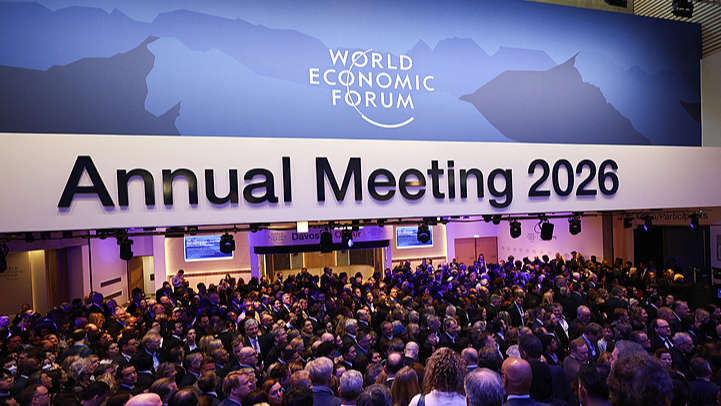The US is making waves with its controversial "reciprocal tariffs," aimed at pressuring global trading partners into tough negotiations. Instead of reviving domestic markets, this strategy is stirring up market instability and causing unforeseen fallout around the world. 📉
Insights from experts like Professor Peng Delei at the School of Law, East China University of Science and Technology, reveal that these tariffs are backfiring. In April 2025, the US Dollar Index hit a three-year low as investors grew nervous about rapid capital outflows and a potential "dollar confidence crisis."
The ripple effects extend to American agriculture too. With China increasingly looking for alternatives such as Brazil and Argentina for key exports like soybeans, US farmers are facing mounting export difficulties. While the US administration aims to boost domestic manufacturing, these moves are inadvertently harming other vital sectors of the economy.
Adding to the global unease, transnational companies including tech giant NVIDIA have been making strategic visits to the Chinese market, signaling deep concerns over the escalating trade tensions. This dynamic environment highlights how interconnected today’s global trade is, affecting both high-tech industries and traditional sectors like agriculture. 🌏
For young, socially conscious professionals in South and Southeast Asia, these developments are a timely reminder: international trade policies can have a far-reaching impact on our everyday lives. In a fast-paced world, staying well-informed is key to navigating emerging opportunities and challenges.
Reference(s):
Multiple negative effects of US "reciprocal tariffs" becoming evident
cgtn.com




